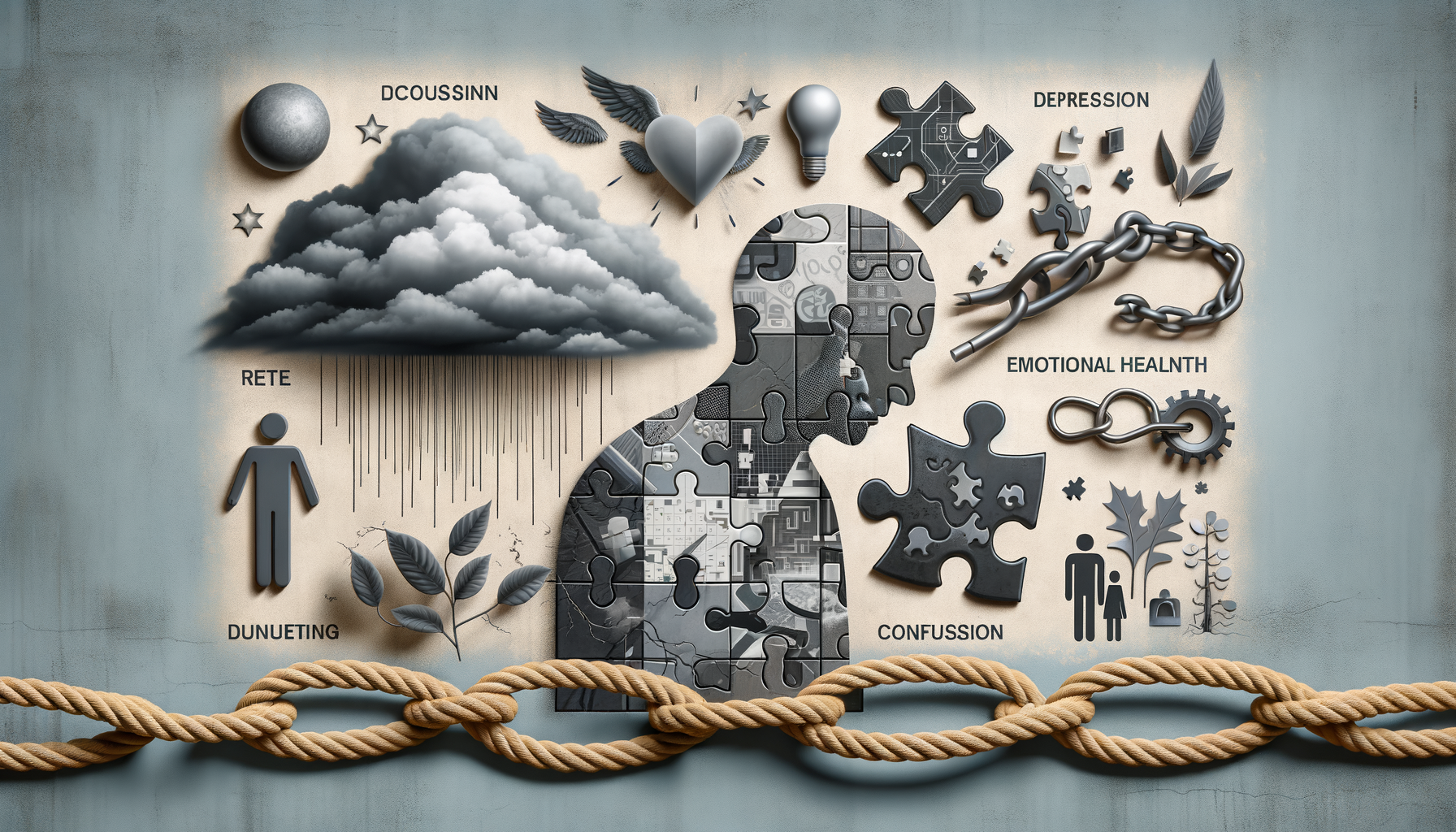Understanding the Importance of Recognizing Depression
Depression is a complex mental health condition that affects millions of people worldwide. It’s more than just feeling sad or going through a rough patch; it can alter one’s daily life significantly. Recognizing the signs early can lead to better outcomes and prevent the condition from worsening. This article aims to shed light on how individuals can assess their emotional well-being through various tests and indicators.
Identifying depression early is crucial because it allows for timely intervention. Often, people may ignore the subtle signs, attributing them to stress or temporary mood swings. However, understanding the depth of these feelings and their persistence is key to taking the right steps towards healing. By exploring how to know if you’re depressed, individuals can take proactive measures to address their mental health.
Am I Depressed Test: A Tool for Self-Assessment
The “Am I Depressed Test” is a self-assessment tool designed to help individuals gauge their mental state. While not a substitute for professional diagnosis, it offers a preliminary insight into one’s emotional health. These tests usually involve a series of questions that focus on various aspects of daily life, such as sleep patterns, appetite changes, and overall mood.
Taking such a test can be enlightening, as it encourages reflection on one’s mental state. The questions are designed to identify common symptoms of depression, such as:
- Persistent sadness or low mood
- Lack of interest in activities once enjoyed
- Changes in sleep and appetite
- Feelings of worthlessness or excessive guilt
- Difficulty concentrating or making decisions
By answering these questions honestly, individuals can gain a clearer picture of their mental health and decide whether to seek further evaluation from a healthcare professional.
Test Depression Level: Measuring the Severity
Once an initial assessment is done, the next step is to determine the severity of the depression. The “Test Depression Level” helps in understanding how deeply depression is affecting one’s life. This can be crucial for determining the appropriate level of intervention needed.
These tests often categorize depression into mild, moderate, or severe levels based on the symptoms and their impact on daily functioning. Factors considered include:
- Duration of symptoms
- Intensity of feelings
- Impact on social and occupational functioning
- Presence of physical symptoms like fatigue or body aches
Understanding the level of depression can guide individuals and healthcare providers in choosing the right treatment plan, whether it’s therapy, medication, or lifestyle changes.
How to Know if I’m Depressed: Signs and Symptoms
Recognizing the signs of depression is the first step towards seeking help. While everyone experiences ups and downs, certain symptoms persist and interfere with everyday life, indicating a deeper issue. Common signs of depression include:
- Persistent feelings of sadness or emptiness
- Loss of interest in hobbies and activities
- Significant weight loss or gain
- Insomnia or excessive sleeping
- Fatigue and lack of energy
- Feelings of hopelessness or helplessness
- Difficulty concentrating
- Thoughts of self-harm or suicide
If you notice these symptoms in yourself or someone else, it’s important to reach out for support. Talking to a trusted friend, family member, or healthcare provider can be the first step in addressing these feelings.
Conclusion: Taking Steps Towards Mental Well-being
Understanding and recognizing the signs of depression is vital for maintaining mental health. While self-assessment tools like the “Am I Depressed Test” and “Test Depression Level” provide initial insights, they are not substitutes for professional diagnosis and treatment. If you suspect you or someone you know is experiencing depression, seeking help from a mental health professional is essential.
Remember, depression is a treatable condition, and with the right support and resources, individuals can lead fulfilling lives. Taking the first step by acknowledging and understanding your feelings is a powerful move towards healing and well-being.

Leave a Reply